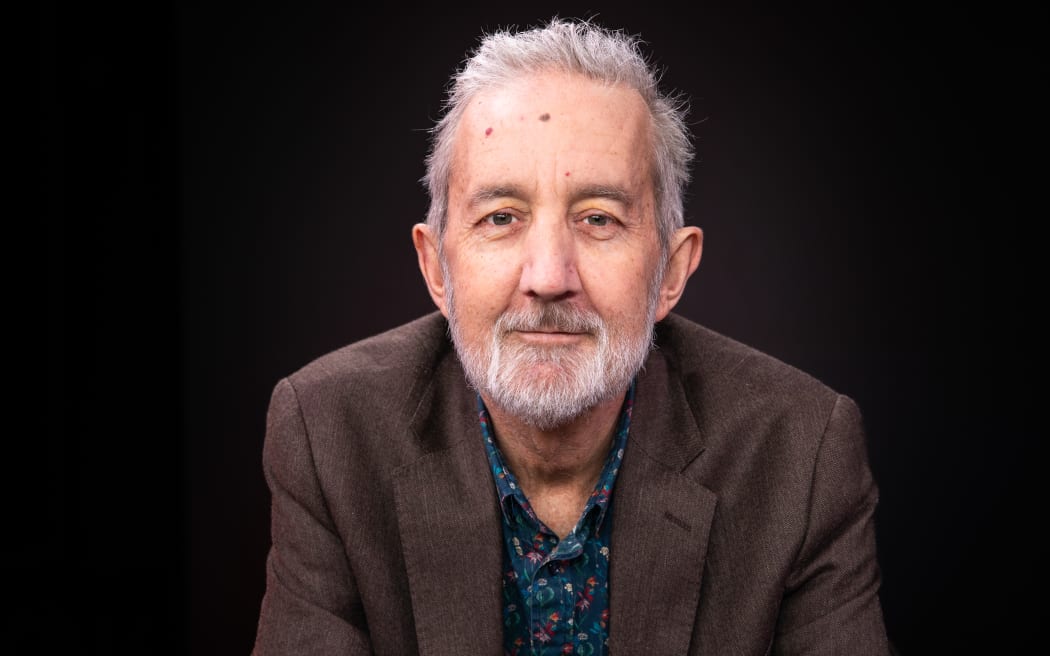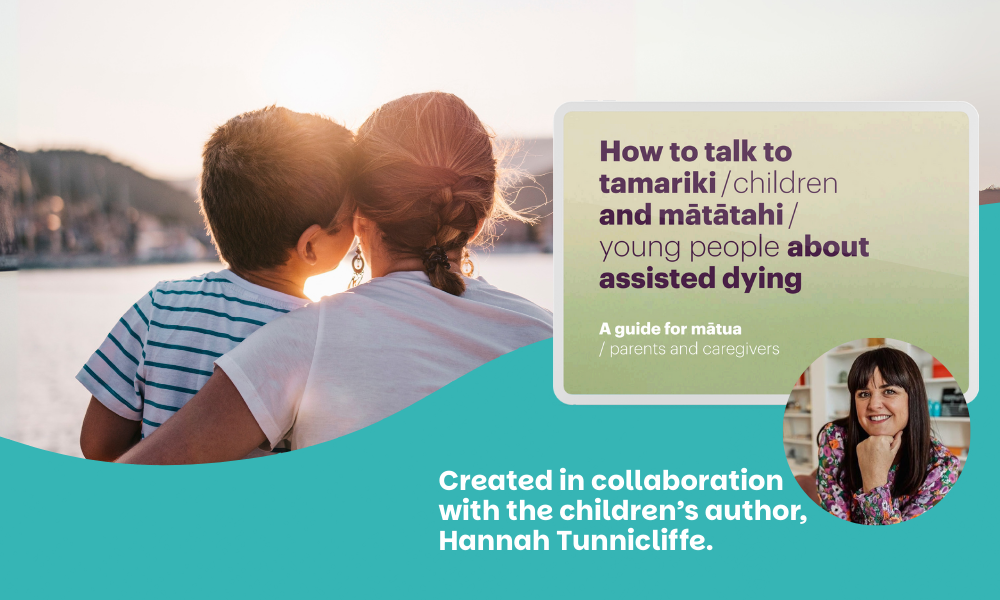Thank you! Your submission has been received!
Oops! Something went wrong while submitting the form.

Podcasts
For Adults
Hugh: Navigating Christmas Without His Dad
Hugh was just three years old when his dad died from a brain tumour. In this episode, Bijoux sits down with him to explore what Christmas has looked like since - from navigating the holidays while grieving, to growing up without traditional celebrations, to how his relationship with Christmas has changed over time.

Stories
For Adults
Edward and David's Story
Edward was 10 when his mum Selina died of breast cancer. For his dad David, Kenzie's Gift provided a 'safe pair of hands' to support Ed at a time when they were tackling the hardest questions about how to live with profound grief and loss.

Other
For Adults
In Memory of Nigel Latta (1967–2025)
I was heartbroken by the news that Nigel Latta, our incredible ambassador and friend, died on 30th September 2025. Nigel wasn’t just a figurehead for Kenzie’s Gift—he genuinely cared about tamariki and mātātahi, passionately supporting our work to help them cope when faced with serious illness or grief.

Grief
For Adults
Supporting Tamariki Through Assisted Dying
Assisted dying recently became legal in Aotearoa, and whānau with a loved one facing terminal illness or intolerable suffering now have an additional option.

Events
For Adults
Featured Fundraiser: Linda Simmons
Linda Simmons is a champion for Kenzie’s Gift. An award-winning real estate agent at Bayleys Devonport, Linda has just hit the incredible milestone of $40,000 donated. But she's not stopping there. This July, Linda is braving the chilly waters around Devonport to raise funds for the Kenzie's Gift Winter Swim Challenge. Linda talks about what drives her, and why this cause is so important.

News
For Adults
1News Winter Swim Challenge
The Winter Challenge was featured on 1 News, sharing why hundreds of brave Kiwis are taking icy dips this July to support young people navigating grief and serious illness. Every freezing dip and donation helps Kenzie's Gift provide free mental health support, and we’re so proud of the momentum so far. We’ve raised $8.6K and the dips just keep coming.

Stories
For Adults
Emma's Story
On Christmas day 2023, Emma Muir-Woodley, a student at the University of Auckland, got a call from her mum. Emma’s dad was in hospital: he had just been diagnosed with stage four stomach cancer. Her story is one of grief and resilience, as she learns to live with the reality of her dad's death.

Grief
For Adults
Getting Through Mother’s Day as a Bereaved Mama
Mother’s Day can be brutal when your child has died. There’s no soft way to say it—it hurts. It’s a day that reminds you of what’s missing, not just what’s present.

News
For Adults
Seven Sharp – The Ocean Swimmers "Everest"
When she's not navigating the political currents of being the Chief Executive of a Government Ministry, Grainne Moss is negotiating the world's most turbulent ocean channels. And she has only one crossing to go - the notorious Tsugaru Strait in Japan - to join the exclusive club of endurance swimmers who have conquered the "Oceans 7."
No results found.





